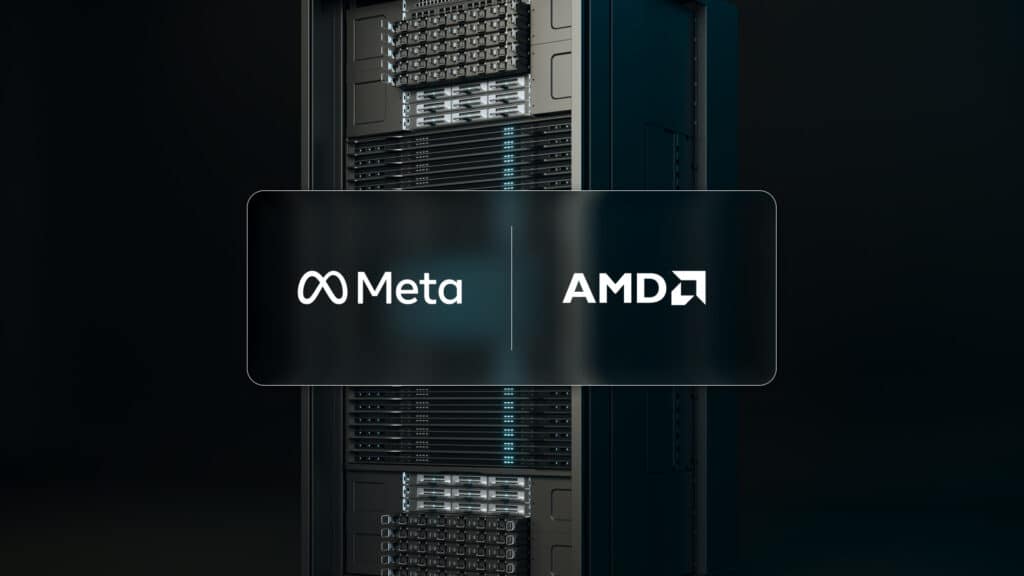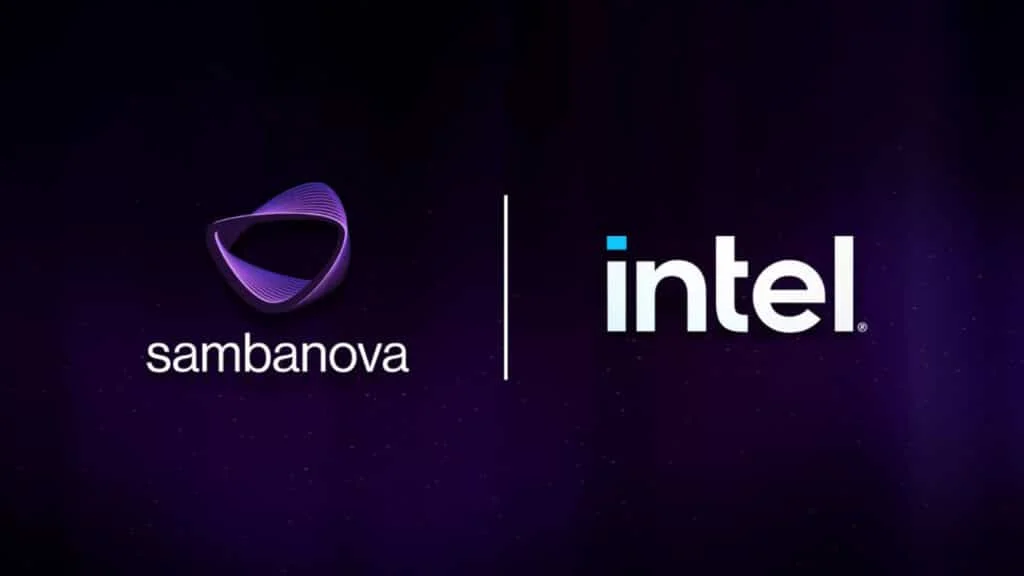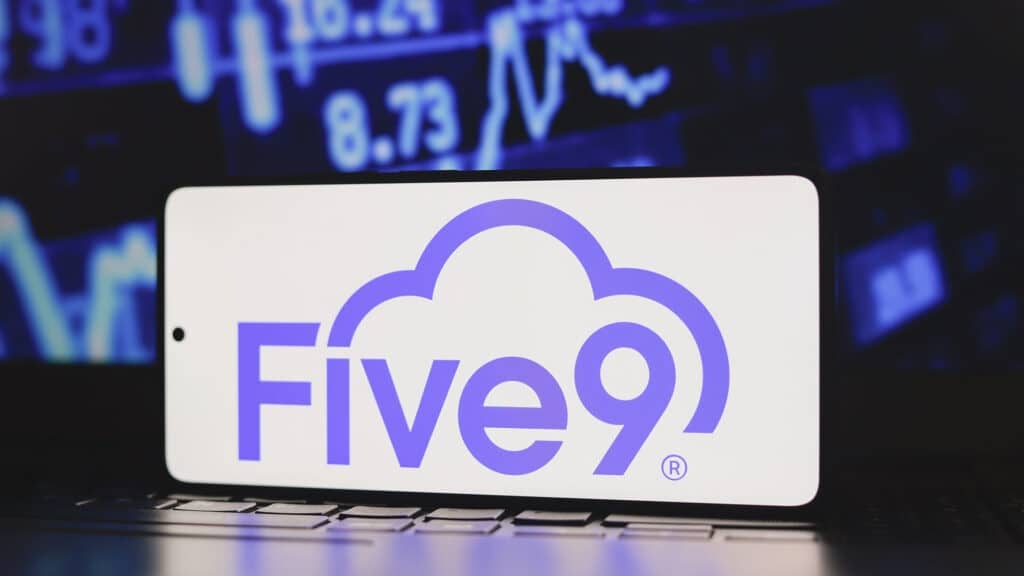Analyst(s): Bob Sutor
Publication Date: December 9, 2024
Synopsys, Inc. reported record-breaking financial results for its fourth quarter and fiscal year 2024, with annual revenue reaching $6.127 billion, a 15% year-over-year increase. The company also made significant strategic moves, including selling its Software Integrity business and progressing toward acquiring Ansys, which is expected to close in 2025. Synopsys’ strong execution and focus on innovation position it for continued growth despite industry challenges.
What is Covered in this Article:
- Synopsys’ record-breaking financial performance in fiscal year 2024.
- Details of revenue, profitability, and business segment contributions.
- Key strategic initiatives, including the sale of its Software Integrity business and the pending Ansys acquisition.
- Operational efficiencies and financial outlook for fiscal year 2025.
- Risks and challenges in a competitive and evolving semiconductor industry.
The News: Synopsys achieved record quarterly revenue of $1.636 billion in the fourth quarter of fiscal year 2024, an 11% year-over-year increase. The company reported $6.127 billion in revenue for the full fiscal year, reflecting 15% growth over the previous year. On a non-GAAP basis, earnings per diluted share rose by 25% year-over-year to $13.20, while GAAP EPS grew to $9.25.
In addition to its financial results, Synopsys completed the sale of its Software Integrity business in September 2024. It advanced its acquisition of Ansys, which is expected to close in the first half of 2025.
Synopsys Achieves Record Q4 Fiscal Year 2024, Prepares for Ansys Acquisition
Analyst Take: Synopsys’ impressive financial performance in fiscal year 2024 solidified its position as a leader in the electronic design automation (EDA) space. The company’s ability to achieve double-digit revenue growth and focus on operational efficiency demonstrates strong execution in a challenging macroeconomic environment. The strategic divestiture of the Software Integrity business to private equity firms Clearlake Capital Group, L.P. and Francisco Partners, and the progress toward acquiring Ansys are aligned with its long-term vision of addressing the growing complexity in semiconductor and system design.
While the pending acquisition offers great opportunities, it also poses risks in terms of integration and regulatory approval. Additionally, Synopsys faces challenges associated with its reliance on a concentrated customer base and evolving industry dynamics. Despite these uncertainties, Synopsys’ focus on AI-driven innovation and robust financial management positions it well for sustainable growth in fiscal year 2025 and beyond.
Synopsys Achieves Record Revenue
For the fourth quarter, Synopsys posted revenue of $1.636 billion, an 11% increase compared to the $1.467 billion reported for the same period in 2023. This growth surpassed the midpoint of the company’s guidance and was driven by robust demand across its core business segments.
For the fiscal year, total revenue reached $6.127 billion, marking a 15% year-over-year increase. This performance reflects the company’s ability to capitalize on the growing complexity of technology development and the expanding demand for advanced design tools and IP solutions.
Synopsys’ sustained revenue growth over recent years highlights its strategic positioning in a competitive landscape. The company’s focus on AI-driven innovations and expanding its capabilities in key markets, including semiconductors and system design, continues to yield positive results. Additionally, the growth was supported by strong execution in sales and operations, allowing the company to meet evolving customer needs effectively.
Fiscal Year 2024 Financial Highlights
The company’s profitability metrics for fiscal year 2024 demonstrated a positive trajectory. On a GAAP basis, net income for the year totaled $1.442 billion, or $9.25 per diluted share, compared to $1.227 billion, or $7.91 per share, in the previous fiscal year. While GAAP earnings reflected consistent performance, Synopsys emphasized its non-GAAP results to provide a clearer view of operational performance.
Non-GAAP net income rose to $2.058 billion, translating to $13.20 per diluted share, a 25% increase from the $1.636 billion, or $10.54 per share, reported in 2023. These adjustments excluded the impact of stock-based compensation, amortization of acquired intangible assets, and acquisition-related expenses, among other factors.
Business Segment Contributions
Synopsys operates two primary business segments: Design Automation and Design IP. The Design Automation segment encompasses advanced silicon design tools, verification products, and related services, which generated $4.221 billion in revenue for fiscal year 2024, representing 68.9% of the company’s total revenue. The segment achieved an adjusted operating margin of 38.7%, underscoring its efficiency and the critical role it plays in the company’s portfolio.
The Design IP segment, which includes embedded processors, interface IP, and security solutions, contributed $1.906 billion to annual revenue, accounting for 31.1% of the total. The adjusted operating margin for this segment stood at 38.3%, reflecting improvements in profitability compared to the prior year.
Outlook for Fiscal Year 2025
Synopsys has provided guidance for fiscal year 2025, projecting double-digit revenue growth despite macroeconomic uncertainties. The company expects revenue to range between $6.745 billion and $6.805 billion, supported by continued demand for solutions and contributions from its core business segments. Non-GAAP EPS is anticipated to be between $14.88 and $14.96.
Synopsys acknowledged the impact of a fiscal calendar change, resulting in eight fewer days in fiscal year 2025 compared to 2024. However, the company remains confident in its ability to deliver strong financial results, citing ongoing investments in AI, system design innovation, and operational excellence as key growth drivers.
Wrapping Things Up
Synopsys’ fiscal year 2024 results reflect strong financial and operational performance, supported by strategic decisions such as selling its Software Integrity business and the pending acquisition of Ansys. The company is positioned to advance its focus on AI, design automation, and IP solutions while executing its plans to expand capabilities and streamline operations.
See the complete press release on Synopsys Q4 FY2024 earnings report on the Synopsys website.
Daniel Newman and his co-host of The Six Five Webcast, Patrick Moorhead of Moor Insights and Strategy discusses Synopsys’s earnings in their latest episode. Check it out here and be sure to subscribe to The Six Five Webcast so you never miss an episode.
Disclosures: During the preparation of this work, the authors and analysts used ChatGPT to research the company and the market. After using this tool/service, the author reviewed and edited the content as needed and take full responsibility for the content of the publication.
The Futurum Group is a research and advisory firm that engages or has engaged in research, analysis, and advisory services with many technology companies, including those mentioned in this article. The analyst has no equity position in any company mentioned in this article.
Analysis and opinions expressed herein are specific to the analyst individually and data and other information that might have been provided for validation, not those of The Futurum Group as a whole.
Other insights from The Futurum Group:
Synopsys Hits Record Q3 2024 Revenue on High Semiconductor, AI Demand
Synopsys Advances Automotive Security with Critical ISO/SAE 21434 Cybersecurity Compliant IP
Author Information
Dr. Bob Sutor is an expert in quantum technologies with 40+ years of experience. He is the accomplished author of the quantum computing book Dancing with Qubits, Second Edition. Bob is dedicated to evolving quantum to help solve society's critical computational problems.






